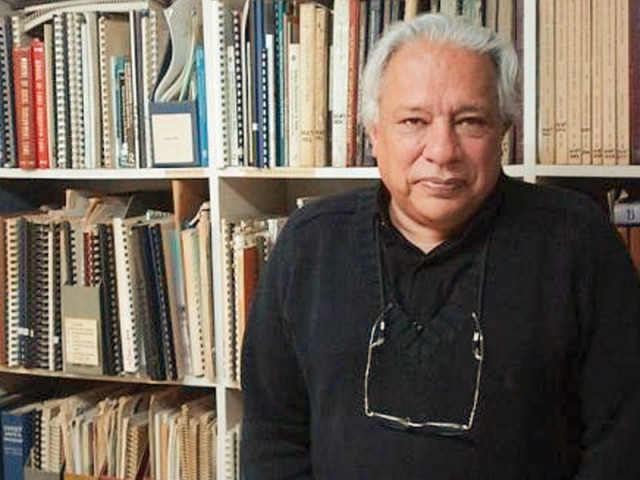Govt policies are biased against poor people, says town planner Arif Hasan
He says this may be because policymakers are oblivious of the ground realities.

He says this may be because policymakers are oblivious of the ground realities.
“This is the result of a bias against the poor,” he said. “It shows itself everywhere from the construction of housing schemes to [building] roads and parks.”
At a seminar organised on Thursday at the Urban Resource Centre, he said that his years of experience of being involved in development schemes have brought him to this conclusion. The problem manifests itself clearly in the case of housing schemes for poor people - they are mostly built on the periphery of urban centres, he said.
“Pricey land in the cities is kept for other purposes,” said Hasan, adding that in Karachi, the administration has always maintained that there was not enough space whereas hundreds of acres belonging to Karachi Port Trust, Pakistan Railways and other organisations remain vacant. “When we go to poor localities and ask people why they refuse to move to the Northern Bypass, they complain of high travelling costs. Their entire income will be consumed just by the fare.”
Citing the hard lending conditions of the only state-run mortgager, the House Building Finance Corporation (HBFC), Hasan pointed out that policies are often made in a way that go against the least privileged. “For a loan, you need to be working in an office with a fixed income or have something to offer as collateral. The poor can’t meet any of these requirements.”

Similarly, there must be at least 200,000 hawkers in the city, yet there is no official policy to protect their rights, Hasan said. “They are pushed out of parks and moved away from roadsides without being offered any alternative.”
Even schemes to solve problem of traffic congestion reflect a preference for those who can make their voices heard in the right quarters, he said. “Millions of rupees have been spent on construction of flyovers and signal-free corridors for fast moving vehicles while little has been done to improve the condition of public transport. Poor people are cramped inside and on top of buses.”
Hasan felt that the bias persists because elected representatives and government bureaucrats fail to see the downside of their policies as they themselves are aloof from the suffering of the poor. “Maybe they are far away from the ground reality. They fail to understand the problems of the masses.”
It is true that poor neighbourhoods in even the developed countries are neglected, but the governments try to compensate for this by spending on basic necessities such as proper public transport, he said.
Hasan believes that the mindset needs to be changed and the government should start by inculcating a poor-sensitive approach in institutions where bureaucrats are trained.
Published in The Express Tribune, January 25th, 2013.



















COMMENTS
Comments are moderated and generally will be posted if they are on-topic and not abusive.
For more information, please see our Comments FAQ